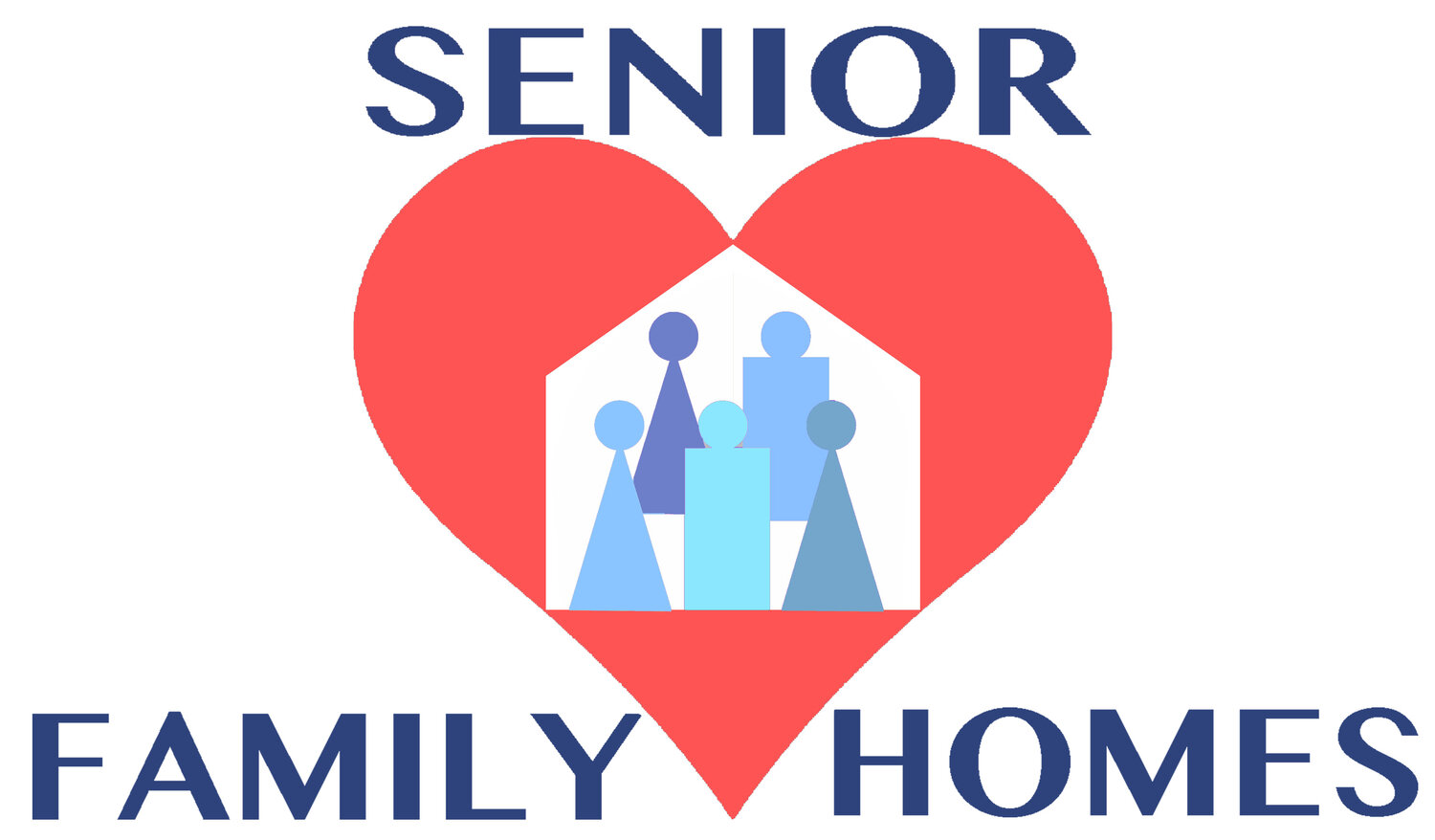How To Identify Early Stages of Alzheimer’s Disease And How to Proceed…
Alzheimer's is a type of dementia that affects memory, behavior and, sometimes, the way people think. There’s no cure for Alzheimer's Disease so to be prepared on what to expect and plan to what’s coming may be is the best solution.
Alzheimer's is a silent disease and progresses slowly. In the early stages it might be very hard to notice any problem. If a PET scan is not needed, it will most likely be be undetected.
Misplacing things or forgetting words are all signs of Alzheimer's that mostly go unnoticed at first. Slight changes in behavior might start to happen. At this stage, the patient is still very functional and can perform almost all the tasks they used.
As the disease evolves, the changes will be more dramatic and perceptible. Sometimes, people will ask the same question over and over and easily forget new information they either just read or watched. Planning starts to get a little harder also. At this point, reminders for paying bills and appointments start to be necessary. Retirement might be an option.
Forgetting details about their own personality to struggling to accomplish daily tasks are signs of a moderate mental decline. Assistance with chores and financial decisions will start be required.
The patient will start loosing track of who they are, forgetting their home address to wearing inappropriate clothes for each season. Sometimes, they will repeat the same question as reassurance, so it’s very important to remain calm at this point. The presence of a caregiver might be a good help when it starts to get overwhelming for family and friends. In more severe cases around the clock care may be necessary. Many elderly prefer to stay in their homes and increase the hours of their caregiver. Others may want to find a nursing home. Senior group home is a great bridge between staying in place and nursing homes. They provide the around the clock care while sharing a home environment with other elderly with Alzheimer.
The severe decline of mental abilities will make remembering names and confusing people more frequent. From help with the bathroom to eating properly, the patient will mostly be reliant on a caregiver or home care agency to perform
It’s very hard on the person taking care of an Alzheimer's Disease patient. The feeling of guilt for needing and seeking assistance are constant but, it’s very important to understand that providing the best care also means, providing care for yourself.


